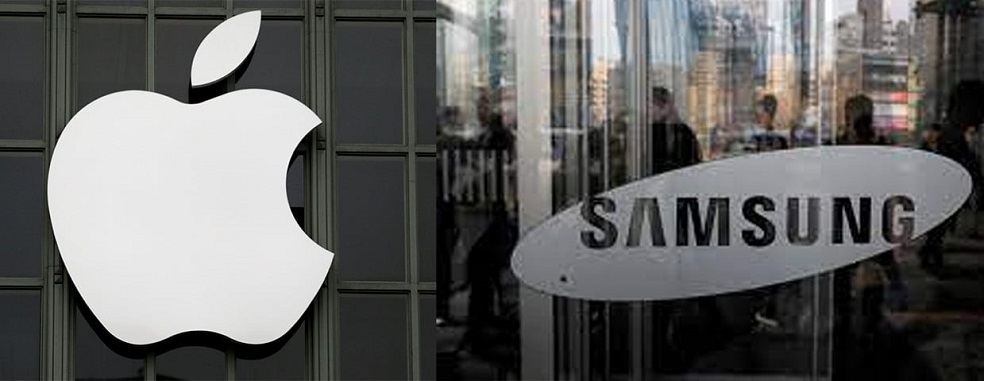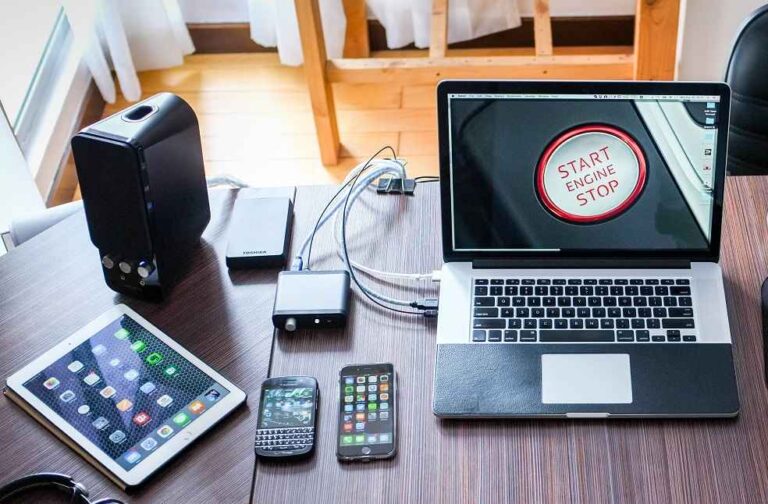India, the largest purchasing partner in the global market, is set to implement ‘India’s New Electronics Import Restrictions,’ a strategic shift to reduce its dependence on foreign imports. These new market strategies by India aimed at increasing domestic production will make China more defensive.
The impact becomes apparent when considering that 77% of computer imports into India are from China. Imports are also significant from other regions, with 10.7% coming from Singapore and 8% from Hong Kong. Although India also has computer manufacturing and export, it is worth only 50 million dollars.

Laptops, tablets, all-in-one personal computers, ultra-small form factor computers, and servers will immediately fall under these newly imposed import restrictions. In a notification released on August 3, the Ministry of Commerce detailed the fresh regulations. The ultimate change is that the import of these items will now only be permitted under a special license that imposes stringent restrictions. However, there are no restrictions on importing components required for computers. The central message that the government is giving to companies is to assemble these components within India itself.
This new policy will directly impact major global tech companies such as Dell, Acer, Samsung, LG, Panasonic, Apple, Lenovo, and HP Inc., which largely import their products from countries like China. Companies like Dell, Samsung, Apple, and Lenovo might be compelled to reassess their distribution-manufacturing strategies and amplify their production footprint within India due to these rules. The repercussions will strongly impact manufacturing countries, including China Singapore and Hongkong.

The products affected by this policy fall under the Harmonized System Nomenclature (HSN) code 8741, applicable to data processing devices. Although this new measure imposes restrictions on these technological imports, it does not apply to imports under baggage rules. In other words, individuals carrying laptops, computers, or smartphones from foreign countries for personal use will not face these restrictions.
The new regulation will likely create a short-term scarcity in the Indian market. This can’t avoid a potential rise in prices. For a country like India, this is inevitable. The reason being, imported products constitute 65% of the country’s laptop and PC market. Reducing this to the maximum extent will bring about significant changes in the job sector, the production sector, and consequently, the economy.

In the second quarter of the current fiscal year, electronics imports, including laptops, tablets, and personal computers, totaled $19.7 billion, a year-on-year increase of 6.25%. Given this significant amount of tech imports, experts interpret the restrictions as a strategic move to shift demand towards domestic manufacturers.
Ali Akhtar Jaffrey, former director general of the Manufacturers Association of Information Technology, explained that the move was driven by active promotion of Indian manufacturing. He underscored that it would generate a strong push for domestic production rather than a temporary squeeze.

Companies like Dell, HP already have small-scale manufacturing facilities in India, but like Apple, which currently manufactures iPhones in India through Wistron, they rely heavily on importing their other products, including MacBooks and iPads. Therefore, this move may create obstacles for them, prompting a re-evaluation of their manufacturing strategies.
This new approach, which aims to stimulate ‘Made in India’ further and encourage global brands to establish manufacturing plants in India, will help reduce dependency on imports, increase domestic production, and enhance the global competitiveness of the tech industry if successful. However, this policy might upset countries including China, Singapore, and Hong Kong, which export these products to India.
AUTOMOTIVE | FAW Jilin: New Export Model Boosts China-Peru Trade Relations



